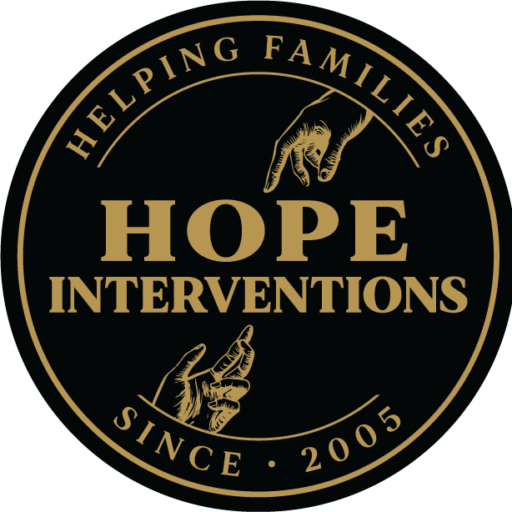Recovery from addiction is a journey, not a single step. It’s a process marked by growth, setbacks, resilience, and progress. To better understand this path, experts often use the five stages of addiction recovery, which outline how individuals move from denial to long-term sobriety.
By breaking down each stage, families can recognize where their loved one is on the recovery journey and learn how to provide meaningful support along the way.
The Five Stages of Addiction Recovery
Precontemplation: Denial and Resistance
At this stage, the individual may not recognize their substance use as a problem. They may deny consequences, minimize behaviors, or resist help.
Family Role: Focus on compassion and patience. Avoid confrontation and instead plant seeds of awareness.
Contemplation: Recognizing the Problem
Here, the person begins to acknowledge that their drug or alcohol use is harmful, but they may still feel ambivalent about change.
Family Role: Offer encouragement, provide information, and highlight the benefits of recovery without pressure.
Preparation: Getting Ready for Change
The individual begins making small steps toward recovery—such as researching treatment options, reducing use, or talking with professionals.
Family Role: Help with planning, research treatment programs, and show support for positive steps forward.
Action: Taking Steps Toward Recovery
At this stage, the person actively engages in treatment, counseling, or support groups. This is where visible change occurs.
Family Role: Celebrate progress, provide accountability, and stay involved without judgment.
Maintenance: Sustaining Recovery
Recovery is ongoing. In the maintenance stage, individuals work to prevent relapse and build healthy, sustainable habits.
Family Role: Encourage ongoing support groups, healthy boundaries, and long-term lifestyle changes that reinforce sobriety.
Why Understanding the Stages Matters
- Helps families respond with empathy instead of frustration.
- Provides a framework for recognizing progress.
- Encourages patience—recovery is not linear.
- Strengthens family involvement in a healthy, constructive way.
How Intervention Fits Into the Recovery Journey
Professional intervention often occurs between the precontemplation and contemplation stages—when a loved one refuses to see the problem but the family knows help is needed. An addiction intervention specialist can bridge this gap, guiding the individual into treatment and moving them forward on the recovery path.
Conclusion
Breaking down the five stages of addiction recovery reminds us that recovery is not a one-time event but a lifelong process. With understanding, compassion, and professional guidance, families can play an essential role in helping their loved ones progress through each stage.
At Hope Interventions, we provide the tools, structure, and support families need to take the first step and continue walking the journey toward healing together.

